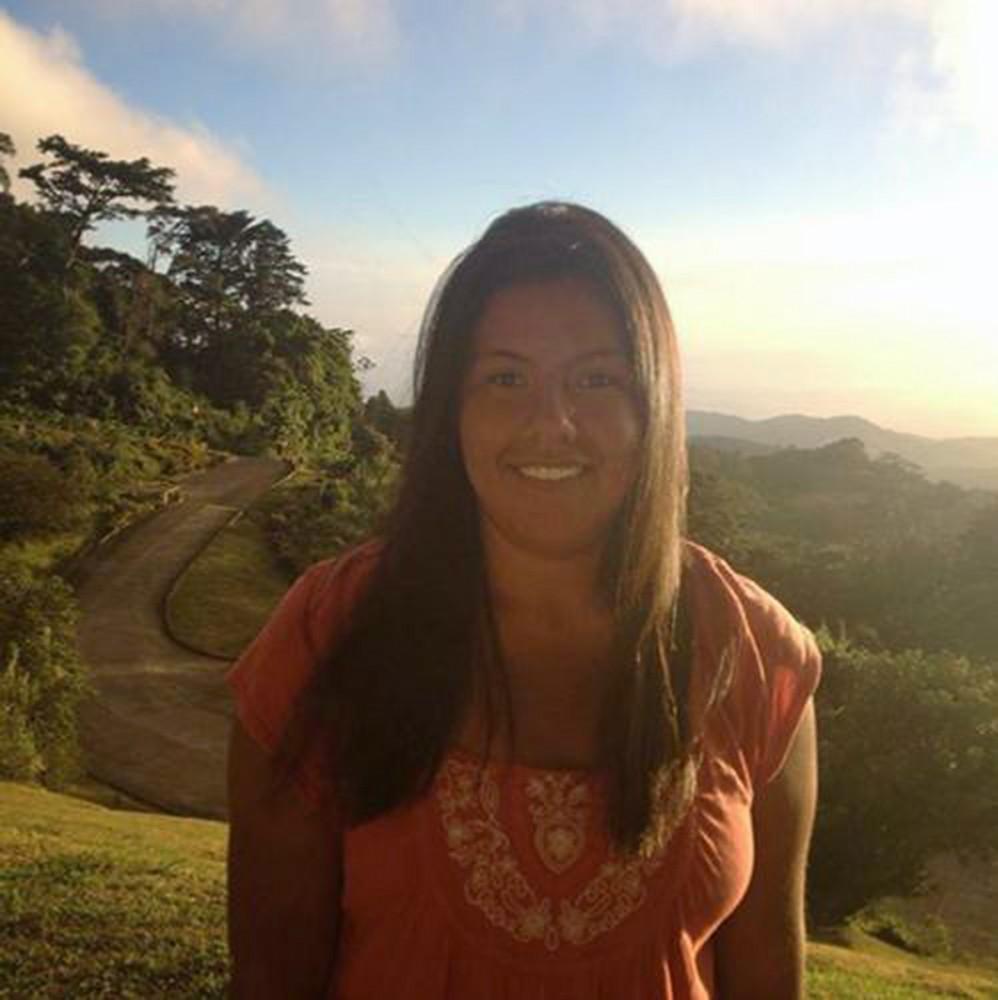Blind student helps others with disabilities study abroad

Courtesy / gvsu.edu Jaunita Lillie studying abroad in Costa Rica.
Mar 12, 2014
Studying abroad is often encouraged at universities, but not to all students. Oftentimes, students with disabilities have a harder time organizing a trip abroad than their peers do. Juanita Lillie, a senior at Grand Valley State University who is legally blind, is working to change that.
After talking with friends and family, Lillie decided to travel to Costa Rica. The Spanish major spent the 2013 winter semester there earning credits and having fun. While studying abroad, she lived with a host family that she said is “like a second family to me.”
“As long as I told them what I needed, they would do anything,” Lillie said. “Everyone was willing to assist me. Everyone would help everyone.”
About a month ago, Lillie started researching study abroad opportunities for other students with disabilities. She found that there wasn’t a lot of information available on the topic so she decided to create her own site for students.
Lillie created the Facebook page “Abroad with Disabilities” to encourage more universities to have more inclusivity. The page can be found at www.facebook.com/DisabledStudentsAbroad.
She hopes the page will raise awareness at universities and increase recruitment, training and faculty advising for students with disabilities to study abroad.
“It is a platform to share experiences and resources,” Lillie said. “It allows students with disabilities to speak with other students with disabilities. The ultimate goal is to provide an open networking opportunity to students with disabilities despite the university they come to.”
She added that she hopes this project expands to other universities so that more students can access study abroad. She emphasized that it needs to be more diverse and inclusive of other disabilities, such as colorblindness and dyslexia.
Natalie Gomez, a GVSU Spanish professor, met Lillie in their Spanish 410 class last fall and shared the idea to start researching study abroad for students with disabilities. The pair has been collaborating on the project since then.
“Our main goal is to create a network for student with disabilities interested in traveling abroad,” Gomez said. “This is an inclusive space where students can openly talk about their doubts, fears, experiences — anything pertaining to traveling abroad.”
The pair will be attending the Michigan Association of International Educators Conference in Ann Arbor on March 19. Lillie will give a presentation at the conference about her Facebook page and will explain the gaps many universities have when advising students for trips abroad. She’ll also offer recommendations based on her research.
“Juanita is an inspiration for many of us,” Gomez said. “She is driven to help other students with disabilities to fulfill their desires to go abroad. As Juanita starts her graduate work in leadership, I do not have any doubts that she will continue to be a great advocate for future students with disabilities.”
Lillie’s advice for students is to disclose disabilities immediately, advocate for themselves and explain what accommodations they use.
“Do not let others shut you down or turn you away from studying abroad,” she said.






















